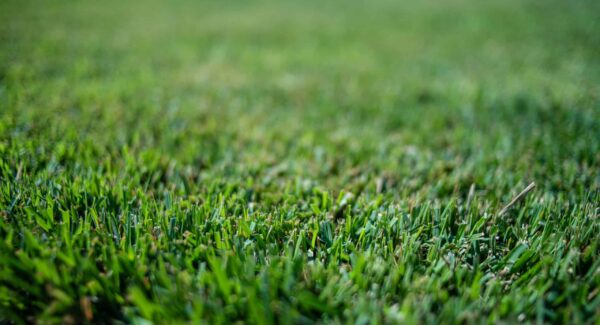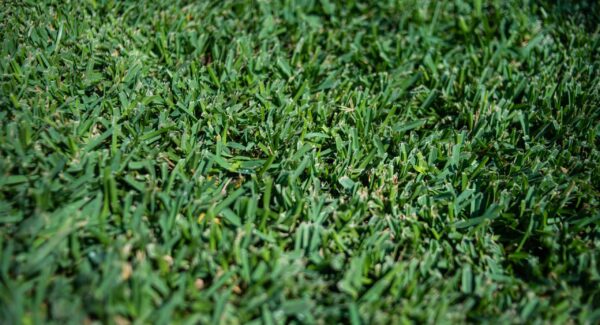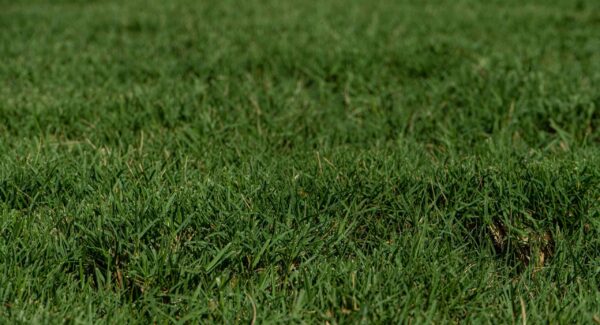Controlling an Aphid Infestation
Aphids are one of the most common yard pests in Texas. They are very small insects that measure from 1/16” to ⅛”. They have tiny, soft bodies, long legs and antennae. Although they are typically very specific to their host plants and are unlikely to move or spread to another plant, they are detrimental to gardens because of the way that they will infest and attack plants.
Aphids are usually seen attacking new growth or, just as commonly, the underside of leaves. They suck sap from the plants for food and excrete a clear, sticky dew-like substance onto the leaves. This dew invites a black fungus that blocks sunlight from the leaves, and its growth is also detrimental to the life of the plant. Aphids like to attack bedding plants, vegetables, roses, crape myrtle, hibiscus, pecans, oaks and oleanders.
There are a few simple ways to control and aphid infestation:
-
Ladybugs and lacewings are natural predators of aphids. Introduce them to your garden and your aphid populations should decrease. For the ideal results, follow careful instructions for releasing these insects, and release them in an enclosed area, lest you end up with more problems than you started with.
-
Ants like to feed off of the sweet dew that the aphids excrete. As a result, ants are often seen living symbiotically with the aphids, tending to them and protecting them from predators, while the aphids feed them dew. Use sticky barriers to prevent ants from reaching the aphids and making your job harder.
-
If the infestation is rather mild, spraying the host plants with high pressure streams of water will be enough to dislodge them.
-
There are insecticidal soaps and horticultural oils available for controlling aphids.
Although infestations may feel like setbacks, gardening and yard care can give you a sense of satisfaction and achievement, so don’t be discouraged. If you are looking for a new start, shop at our online store to look at some grass options that are available to you today.





